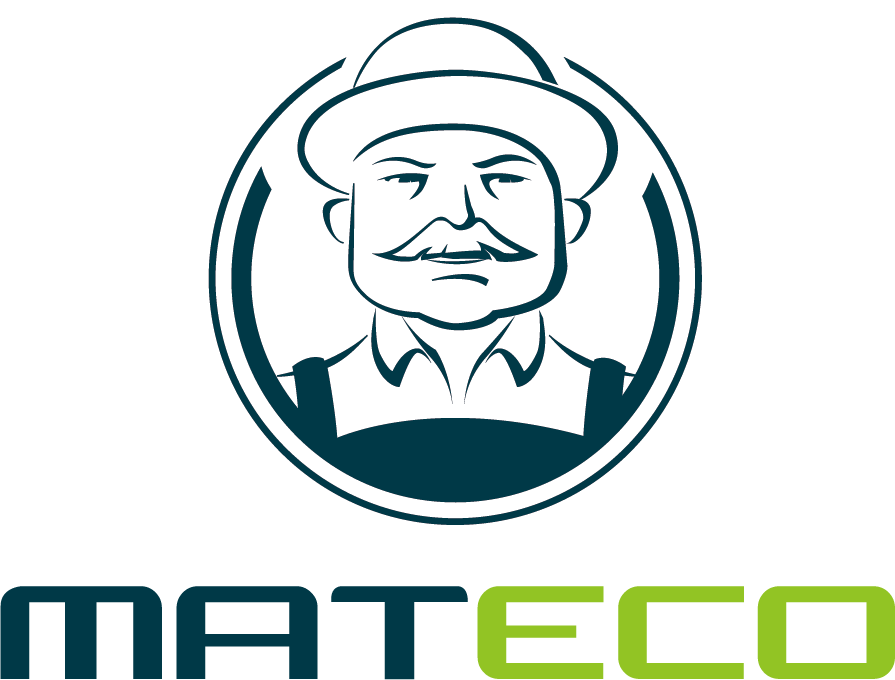Can PVC Board Be Used for Walls?
Welcome to the exciting world of PVC board, a trend that's reshaping commercial building design. These panels are not just stylish but also boast benefits like durability, ease of installation, and cost-effectiveness. In this post, we'll explore why PVC board are the smart choice for modern commercial spaces, blending functionality with cutting-edge design.

Can PVC board be used for walls?
Yes, PVC board can be used for walls. It is valued for its moisture resistance and durability, making it particularly suitable for damp environments like bathrooms and kitchens. Additionally, PVC boards are easy to install and maintain, offering a cost-effective and versatile option for wall coverings in various design styles.
What Is PVC Board?
PVC, or Polyvinyl Chloride, is a versatile synthetic material that's found a unique niche in wall décor. Unlike traditional wall coverings, PVC panels offer a blend of durability, aesthetic versatility, and affordability. Available in a variety of designs and finishes, they can mimic textures like wood, stone, or metal, bringing a sophisticated look to any commercial space. Their lightweight and easy-to-handle nature make them a favorite among designers and builders alike.
Benefits of PVC Board in Commercial Settings
PVC wall panels are not just about looks; they offer a plethora of practical benefits, especially in commercial settings. Firstly, they're highly resistant to moisture and mold, making them perfect for environments like kitchens and bathrooms. Their fire-resistant properties add an extra layer of safety, a crucial factor in commercial design. These panels require minimal maintenance - a simple wipe down keeps them looking new. Also, they offer excellent insulation, which can lead to energy savings in the long run.
Design Flexibility with PVC Board
One of the most significant advantages of PVC panels is their design flexibility. They come in a vast range of colors and patterns, allowing for endless creative possibilities. Whether you're aiming for a sleek, modern look or a rustic charm, there's a PVC panel to suit every aesthetic. They can be used to create feature walls, add character to ceilings, or even as a stylish backsplash. Their ability to seamlessly integrate into various design themes makes them a highly adaptable choice for commercial interiors.

Comparing PVC Board to Traditional Materials
In commercial building design, the choice of wall covering materials is pivotal. Let's compare PVC wall panels with several traditional materials to understand their respective advantages and limitations.
1) PVC vs. Wood
Wood is a classic choice known for its natural beauty and warmth. However, compared to PVC panels, wood is more susceptible to environmental factors. Wood can warp, rot, or get infested with termites, especially in damp conditions, whereas PVC is moisture-resistant and immune to pests. PVC panels are also more cost-effective than most wood types and require less maintenance. Wood needs regular treatments like staining or sealing, but PVC only needs occasional cleaning.
2) PVC vs. Drywall
Drywall is a widely used material in commercial buildings. It's relatively inexpensive and offers a smooth finish. However, PVC panels outshine drywall in terms of moisture resistance and durability. Drywall can be damaged by water and is prone to mold growth in humid conditions, which is not an issue with PVC. Additionally, PVC panels are more resilient to impacts compared to drywall, which can crack or dent easily.
3) PVC vs. Plaster
Plaster offers a solid, classic look and is known for its durability. But, it's more labor-intensive to install and repair compared to PVC panels. Plaster walls can also develop cracks over time and may require skilled labor for patching and painting. PVC panels, in contrast, are easier and quicker to install and don't crack or chip, offering a consistent appearance with minimal upkeep.
4) PVC vs. Metal Panels
Metal panels, such as aluminum or steel, are used for their modern look and strength. However, they can be more expensive than PVC panels and are prone to denting and corrosion. PVC panels, being non-corrosive and less prone to denting, offer a more durable and cost-effective alternative for areas where metal might otherwise be used.
5) PVC vs. Stone and Tiles
Stone and tiles are premium choices for wall coverings, known for their durability and aesthetic appeal. However, they can be expensive, both in terms of material and installation. They also require more maintenance than PVC panels. PVC can mimic the look of stone or tile at a fraction of the cost and weight, making installation and upkeep much easier.
6) PVC vs. Glass Panels
Glass panels provide a sleek, modern look and allow for natural light. However, they are more expensive and fragile compared to PVC panels. PVC offers greater flexibility in design, better insulation, and is far less prone to breaking, making it a safer and more versatile option.
Sustainability is a growing concern in building materials, and PVC panels contribute positively in this area. Modern PVC wall panels are often made using recycled materials, reducing their environmental footprint. Additionally, their durability means they don't need frequent replacement, leading to less waste over time. While PVC is a type of plastic, advancements in recycling technologies have made it more eco-friendly than in the past.
Customization and Personalization with PVC Panels
PVC panels offer incredible customization options. Businesses can choose panels that align with their branding, using specific colors or designs. Custom-printed panels can feature logos, brand messages, or unique artwork. This level of personalization helps businesses create spaces that not only reflect their brand identity but also create a lasting impression on clients and employees.
Maintenance and Durability of PVC Board
Lastly, the maintenance and durability of PVC panels are unbeatable. They are resistant to scratches, stains, and fading, ensuring they maintain their appearance over time. Cleaning is straightforward; they can be wiped down with basic cleaning products. This low-maintenance aspect makes PVC panels a practical and cost-effective choice for busy commercial environments.
If you are looking for a WPC manufacturer, MATECO will be your best choice.
Website: https://www.matecowpc.com
WhatsApp: +86-13380085620
Email: info@matecowpc.com
















